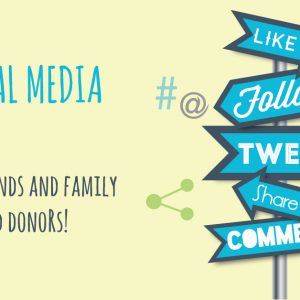
Archives

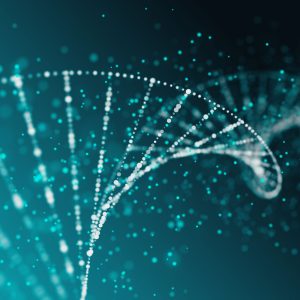
Blood Products for Research: Participate in SBC’s Genetic Sequencing Study
In addition to providing blood products for local patients, Stanford Blood Center is committed to providing blood products for research. Researchers use these products to make breakthrough discoveries and help the patients of tomorrow. One way we are doing this is...
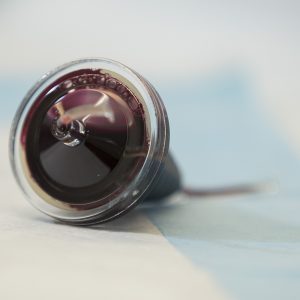
Primary Cells Product Offerings at SBC Help Further Scientific Research
In addition to providing blood products to use for transfusion and transplants, Stanford Blood Center (SBC) also collects blood products that play a major role in advancing medicine through research. Unlike most blood centers, we use every single part of...
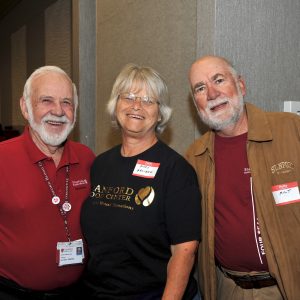
Precious Mettle Breakfast 2018
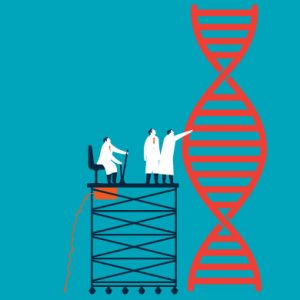
Next Generation Sequencing – Ushering in a New Era of HLA Typing
As most of you know, in addition to providing lifesaving blood products for local patients, Stanford Blood Center is deeply committed to research initiatives to help the patients of tomorrow. On the forefront of much of this research is our...
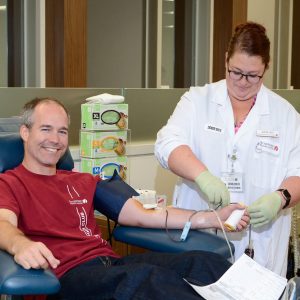
Stanford Blood Center Officially Opens South Bay Donor Center
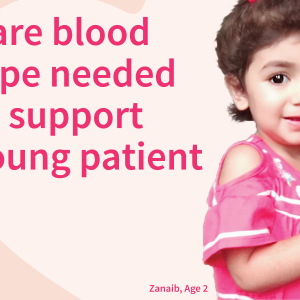
Seeking Donors with a Rare Blood Type to Support Young Zanaib
Stanford Blood Center (SBC) has been asked by a sister blood center in Florida to help support a two-year-old girl with an extremely rare blood type. Zanaib has a form of cancer that has required several rounds of chemotherapy and...
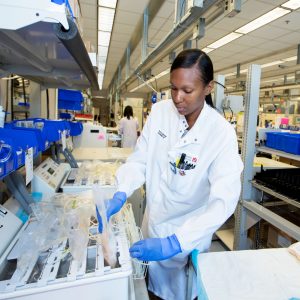
The Technology Behind Blood Donation
Think about the last time you gave blood. Did you notice all the complicated-looking machines throughout donor center? We’re sure most of you have, so we thought we’d share a bit about what each of them do (including some of...
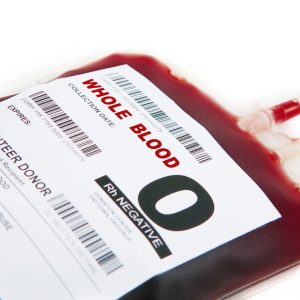
Can two Rh-positive parents have an Rh-negative child?
Your Rh status (positive or negative) is determined by an antigen found on your red blood cells (RBCs). Being Rh-positive or Rh-negative means that either you have the Rhesus D antigen on your RBCs (positive) or you don’t (negative). Rh...
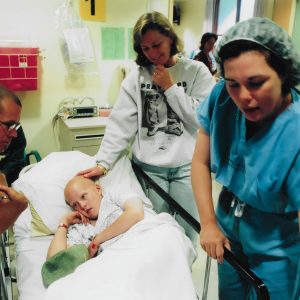
Can You Help End Childhood Cancer?
Every year, 15,780 children in the United States are diagnosed with cancer. In fact, according to Children’s Cancer Research Fund, each day, 43 families in the United States will hear that their child has cancer. That’s why we observe September...
